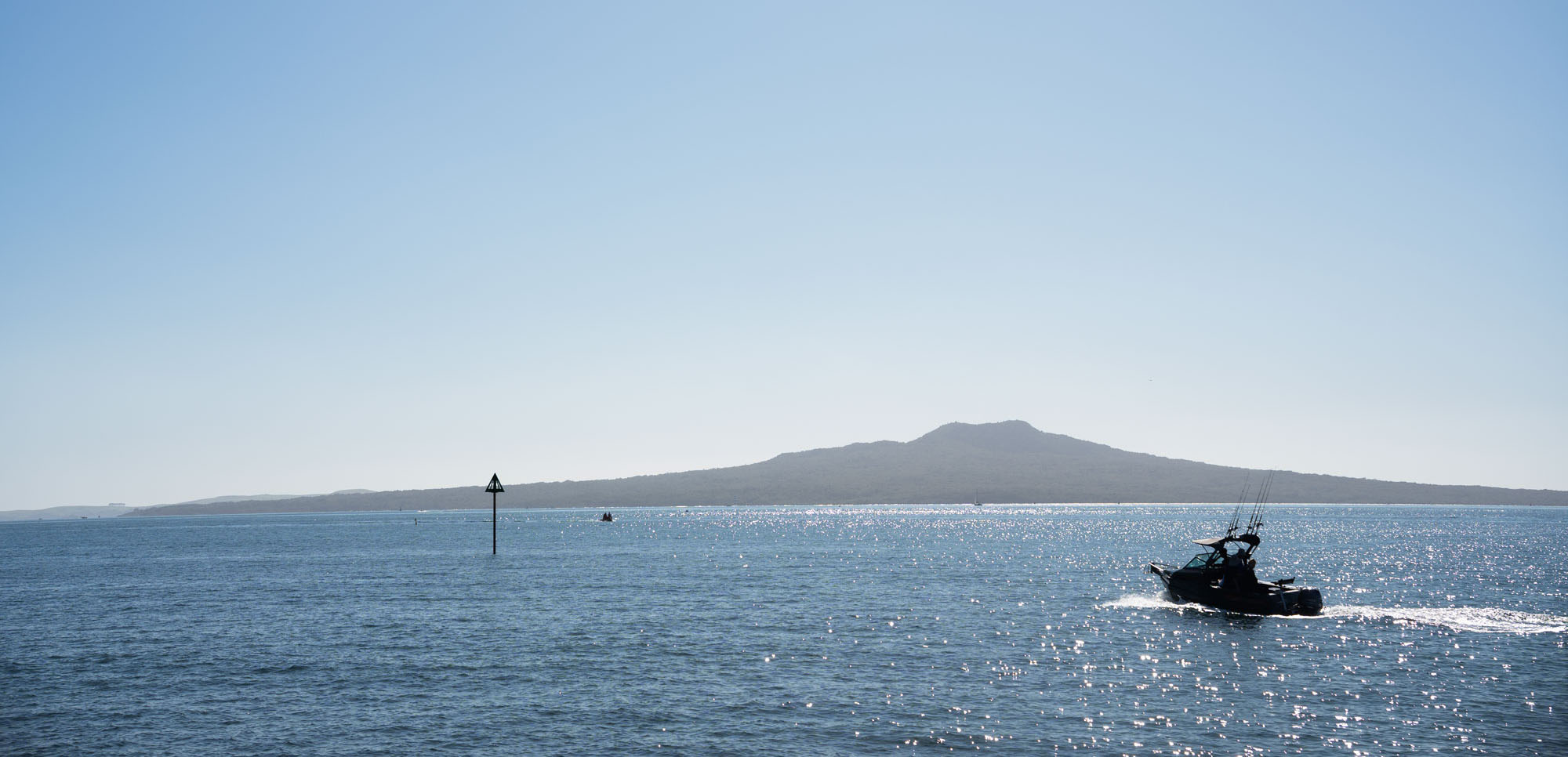The survey involves more than 1,000 participants aged 16and above. The joint research on behalf of Surf Lifesaving New Zealand and Water Safety New Zealand is funded by NZ Search & Rescue.
Full results will be available in Surf Lifesaving New Zealand’s 2024 National Beach and Coastal Safety Report.
Swimming and floating abilities – at a glance
Swimming


Floating

People of Asian origin and those who have lived in NewZealand less than 10 years are the most likely to be unable to float or weak at floating.
What do 2024 survey results tell us about swimming and floating ability in New Zealand?
Most New Zealand adults do not consider themselves competent in open water.
Around one third of annual drowning fatalities happen in open water. There is clear need for New Zealanders to strengthen water survival skills and knowledge to prevent drowning.
Swimming in open water
Less than 20 per cent of people consider themselves competent – and more than half of New Zealanders are unable to swim or weak at swimming in open water.
A significant proportion of drownings occur in open water.With around 2.6 million people participating in aquatic activities every year, the need to lift competence and ability is clear.
Knowing how to float could end up saving your life
A quarter of New Zealanders surveyed consider themselves unable to float or weak at floating.
It is estimated a person needs to be able to float for a minimum of two minutes when experiencing a water-related incident. This is the minimum time needed for help to arrive.
Learning to float is vital for water safety, particularly because most drownings occur in open water environments. The simple, yet very powerful skill of floating significantly increases a person's chances of survival. Floating allows you to remain on the surface and conserve energy while awaiting help.
Floating, especially on the back, can be a lifesaver. It's crucial for you to learn how to signal for help while floating, as effective communication can be life saving in distressing situations.
Five ways to survive - Know how to float
Find out more practical advice on floating from these online resources around the world:
- Aotearoa NewZealand dpanz.org.nz/float-first
- Australia floattosurvive.au
- United Kingdom rnli.org/safety/float
Do children know how to float to survive?
Around xxx xxx young NewZealanders are involved with water survival education programme Water Skills for Life™ In 2023/24 we assessed the abilities of around 80,000 primary school-aged children participating.
Less than one third of eight-year-olds (27 per cent) can float and signal for help for at least two minutes.
This result is a stark one. It shows that even with specific water survival education – more resource and effort is needed to helpNew Zealanders to survive and thrive in water.
Water Safety NewZealand Chief Executive Daniel Gerrard: “Complacency is just not an option.Confident swimmers, boaties, our children, and all water users are encouraged to practice floating. People with lower swimming ability need to learn how to survive in water.
“I hope to see even more collective action across the water safety community using evidence of these results. All of us must contribute to help New Zealanders of whatever age, region, or ability to understand the priority of floating to survive.”
Water Skills for Life™ is a global best practice approach.It is not a learn-to-swim programme. It provides young people with age-appropriate skills for real-world environments – rivers, beaches, and lakes. This knowledge could significantly increase your child's chances of safety in open water.
Is enough happening to prepare our next generation for a safe life around water?
New Zealand has approximately 450,000 school age children inYear 1 to Year 8. From data collected through learn-to-swim schools in 2020/21, we estimate around half of all primary aged children are participating in swim lessons funded by their parents/whānau.
Water Safety New Zealand is focused on the remaining half of young people who do not receive any water survival or learn to swim education – excluding an estimated xx,xxx children who are part of a programme operated within their school.
In partnership with ACC, we work with regional partners who bring the Water Skills for Life™ programme to life
We encourage parents, if they're able to afford learn-to-swim lessons for their family, to prioritise water survival when making decisions about a swim school or provider. Speak to instructors about basic water survival skills, check to make sure that they're being taught. Build on the skills your child is learning at the pool by creating activities based on what they’ve learned. Take your young ones to in safe location at a river, lake, or at the beach to test out those skills.
What about the young people who don’t receive any lessons?
With support from ACC, the Lottery Grants Board and regional and community funders, around 100,000 children whose parents/whānau cannot afford private learn-to-swim lessons are being supported. But, no matter how hard we try, our current efforts still can’t afford to reach the remaining 130,000 kids who do not receive water survival or learn to swim education from either their family or their school.
Find out more about WaterSkills for Life™






